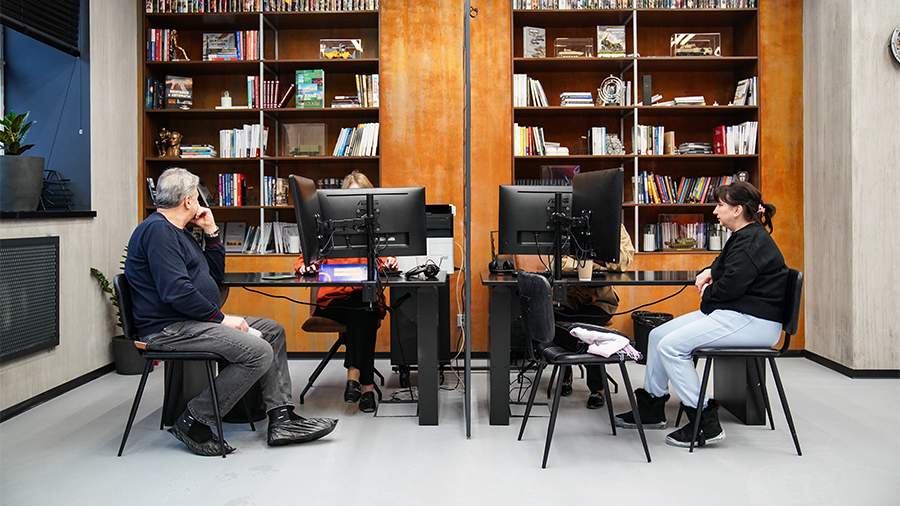The expert told how to behave at a job interview and explain a job change

Sooner or later any employee faces the need to find a new job. At the same time, employers often inquire about the reasons for a candidate's entry into the market at a job interview. As Anastasia Alekseeva, HR Director of the DIDENOK TEAM communication agency, explained to Izvestia on December 20, this is how they find out the "red flags" for the candidate and the vector of development. The expert told how to explain the change of place of work.
"In the market as a whole, it is considered standard to work within one company for two to five years. As a rule, during this period, an employee receives an average of two or three promotions. This means that a successful employee's area of responsibility and, as a consequence, position grows," the specialist specified.
According to her, these indicators are especially relevant for beginners, as an effective and productive junior specialist grows up to mid-level positions quite rapidly. If a person already occupies a high position, the scale of projects changes or horizontal development takes place.
"In the cases described, the reasons for moving to a new position are quite transparent. As a rule, it is the achievement of a certain professional and financial ceiling within a particular company. This is what you should tell your new potential employer about at the interview," Alexeeva advised.
She recommended to be sure to indicate specific wishes that would like to improve with the transition to a new company - literally share your career ambitions and applied expectations.
"It is also suitable to tell a story in the format "was/still", where "was" is the maximum that is possible within the framework of your current company, position, and "became" - this is what you are striving for in the short and long term," - added Alexeeva.
In her opinion, at this stage it is very important to indicate that the topic of development was previously discussed with the current employer, and to point out the impossibility of growth within the company from which the person is leaving.
Even if job changes have been fairly frequent, it's important to remain honest in the interview.
"There can be many reasons for quitting: value mismatches, deceived expectations, and many other subjective reasons. Talk about what you definitely would not want to face in a new place, which was the final point in the decision to enter the market again. But don't forget to observe work ethics," the expert recommended.
In addition, a person may find that even at the resume review stage, frequent transitions become the reason why they don't get sent an invitation to a meeting.
"This can really become a stop factor for many employers. We recommend writing a cover letter to your response summarizing your reasons for quitting. Also, references provided from previous jobs will be a great advantage. Talk to your former supervisors in advance and share contacts only with their consent," - concluded Alexeeva.
Earlier, on December 18, it was reported that almost half (47%) of the surveyed Russians consider for themselves the possibility of changing jobs in 2025. Among them, 3% will do it for sure, and 44% are ready to move only if they get a good offer. This is stated in the results of the research of the service "Work.ru".
Переведено сервисом «Яндекс Переводчик»
